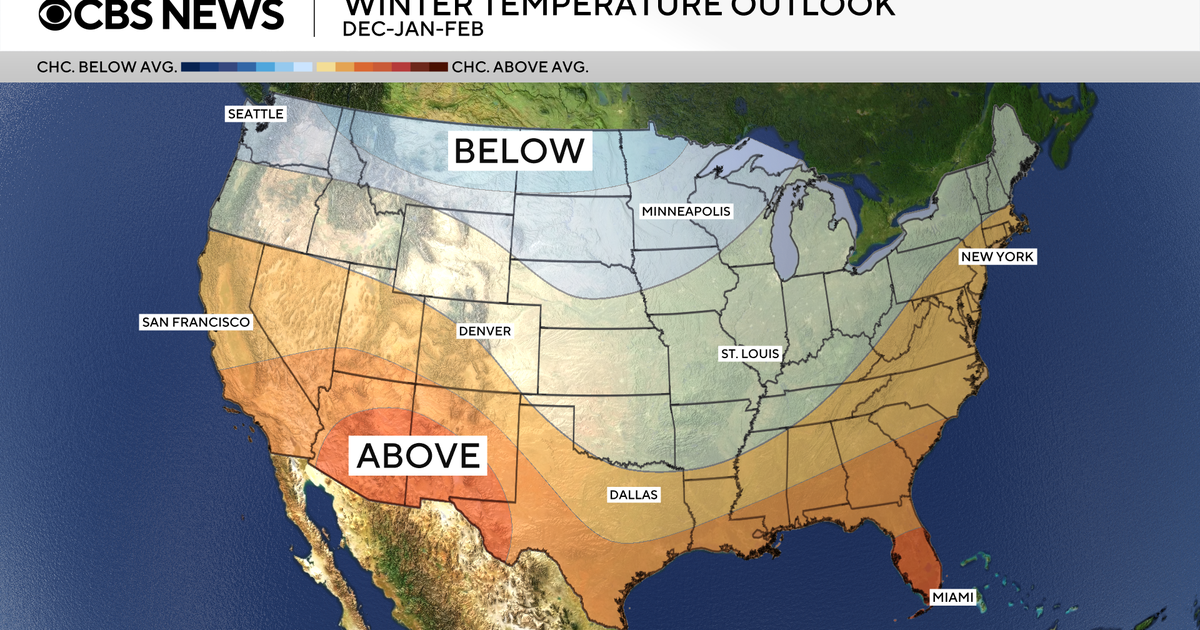From cinnamon to protein powders, reports about high levels of lead in our food are raising questions about how to reduce exposure.
This week, a Consumer Reports investigation found some protein powders and shakes contain unsafe levels of lead. The Food and Drug Administration also recently identified four additional makers of ground cinnamon that contain elevated levels of lead, making a total of 16 labels the agency has identified as having concerning amounts of lead.
Though lead is a naturally occurring metal, it can cause negative health effects, experts warn.
"There's lead in the normal environment, that's why we don't want to add more to it," Pieter Cohen, an associate professor at Harvard Medical School and a general internist at Cambridge Health Alliance, told CBS News. "It's very important to overall try to keep lead exposure to the lowest possible, based on eating healthy foods and avoiding products like supplements that add unnecessary lead to your diet."
In addition to contaminated food and drinks, sources of lead exposure also include chipping or peeling lead paint and ingesting or breathing in lead dust from certain jobs or hobbies, according to the Centers for Disease Control and Prevention.
Health effects of lead
The CDC says lead exposure can lead to a range of health problems, especially for children, including:
- Damage to the brain and nervous system
- Slowed growth and development
- Learning and behavior problems
For adults, lead can also cause long-term harm, according to the World Health Organization, including:
- Increased risk of high blood pressure
- Cardiovascular problems
- Kidney damage
"Lead exposure during pregnancy can cause reduced fetal growth and preterm birth," the WHO added.
How much lead is too much?
Whether someone would experience the negative effects of lead depends on the amount of exposure.
"If lead builds up for an adult — let's say they're exposed to it not just in the supplements, but also in pottery or other things they're using or eating or maybe at their work site, they're exposed to dust that might contain lead — these things can all add up and absolutely cause problems in adults as well," Cohen said.
On average, people in the United States take in about six micrograms of lead a day by eating and just going about their lives, Cohen explained.
"So for me, anything above six micrograms is a lot," he said. The FDA's recommended limit for lead is 8.8 micrograms a day for adults and women of childbearing age, and 2.2 for children.
The problem is certain products that aren't regulated by the FDA, like supplements, can contain much higher levels. So if someone is taking these supplements regularly — over weeks, months or years — Cohen said it could build up over time, which is cause for concern.
Can I test my lead levels?
While there is blood work that can test lead levels, it's not something Cohen would recommend relying on.
"It wouldn't prove, for example, that if you had a normal lead level that you weren't getting excessive lead from your supplements," he explained, because it could take time before the levels built up to a high enough level to raise concerns to doctors.
"We'd really want to try to prevent getting the excess lead before it becomes a clinical problem," he said.
You can do this by reducing the amount of supplements you take that could contain unknown lead levels. For protein, for example, prioritize whole foods, such as unprocessed or minimally processed meats, eggs, beans and tofu, instead of products that could have unknown ingredients, like protein powders.
But if you're not ready to put down the powders, Cohen said you can look for certain third-party testing labels on products to better ensure safety.
The United States Pharmacopeia, or USP, for example, is one Cohen considers a high-quality operation.
"The majority of these I wouldn't necessarily rely on," he said. "Each of those third-party certification programs can define their own cutoff for lead safety. So if a product were certified by USP, I would trust that it had a safe level of lead, but other third-party certifications, we wouldn't necessarily know how much lead is in the product."
The U.S. Environmental Protection Agency also lists a variety of ways to reduce lead exposure both outside and in your home, from washing food and hands properly to getting professional testing for lead-based materials in your home.
Edited by Jordan Freiman
Lead found in protein powders, report finds
High levels of lead found in popular protein powders, report finds
(02:05)

.jpeg)

































 English (US) ·
English (US) ·